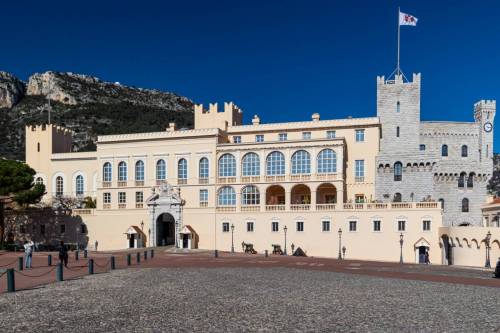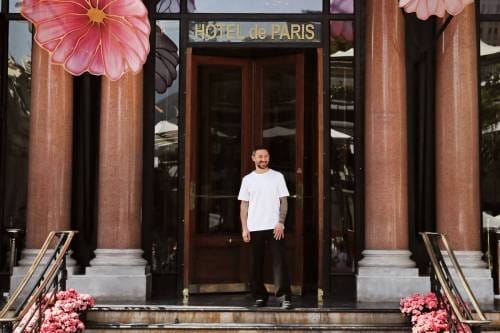Monaco’s Economic Bulletin for the third quarter of 2020 was presented by government advisors and Monaco Statistics (IMSEE) during a press conference in December. Although the figures demonstrate a steep decline in many sectors, they remain promising for certain sectors, including science and real estate. Many businesses are surviving and weathering the current storm because of emergency benefits (10% of the budget) which help soften the economic blow caused by COVID-19.
Financial Advisor Jean Castellini and Social Affairs and Health Advisor Didier Gamerdinger publicly analyzed the figures compiled by Sophie Vincent, Director of the Monegasque Institute for Statistics and Economic Studies (IMSEE). According to the conference, the Monegasque economy, like the global economy, continues to feel the impact of a health situation which remains uncertain. The figures for the year as a whole remain significantly down.
Since January, the Principality’s revenue has dropped 11.5% compared with the same period in 2019, or almost €1.2 billion. It has dropped to the same level it was in 2016–2017, or almost €10 billion.
Science and Real Estate remain stable
Two sectors in Monaco are holding up: scientific and technical activities, administrative and support services; and real estate activities.
50% drop in accommodation, food, sports and entertainment
The accommodation and food service sector has, on the other hand, seen its revenue drop by half. There has also been a sharp decline in wholesale and retail trades, while other service activities have experienced a significant drop of nearly 50% in revenue, due to the reduction in sports and recreational activities, gambling, and arts and entertainment events.
Foreign trade fell to a level slightly lower than that of 2015. Imports were down by half, while exports proved more stable. The main decline was in transactions outside the EU, which dropped by 47%.
Despite these declines, thanks to the measures introduced to support businesses, there have been fewer closures this year than in 2019 (328 compared with 374) and the balance (new businesses started compared to businesses closed) remains in the plus, despite a decline in new businesses started during September.
Emergency benefits keeping businesses and employees afloat
At the end of September 2020, there were almost 4,500 fewer jobs in the private sector than in September 2019 (-7.7%), an improvement compared with June 2020. Currently, 540 jobs in Monaco are completely on hold (0 hours). The number of hours has fallen by a total of 11 million (-16%) over the year as a whole, but is up by 33% compared with the second quarter of 2020.
Emergency benefits for those experiencing total temporary layoff (CTTR) have helped to cushion the decline. According to Didier Gamerdinger, the Government has been committed to maintaining business and employment since the beginning of the health crisis. By the end of the year, it will have devoted nearly €110 million, or 10% of its budget, to the various support programs.
Jean Castellini concluded the presentation by announcing that what is important today is the recovery plan, such as the injection of €5.5 million into the economy through the Red and White Fund and the Carlo app, the continuation of CTTR to take the pressure off businesses, and the Economic Recovery Support Commission (CARE).









